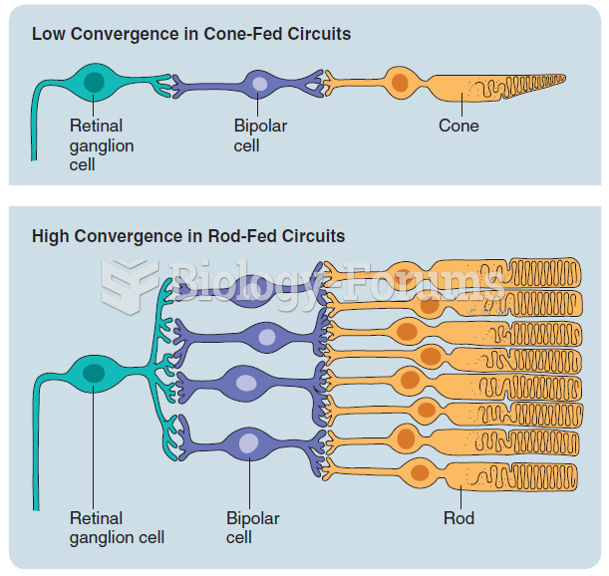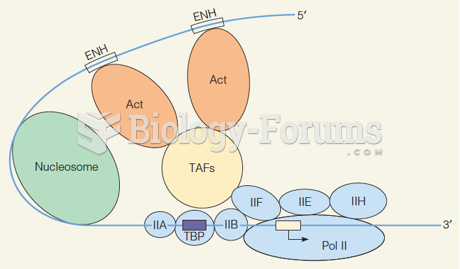Answer to Question 1
F
Answer to Question 2
Deterrence strategies are based on the idea of a rational offender and therefore may not be effective when applied to young people. Minors tend to be less capable of making mature judgments, and many younger offenders are unaware of the content of juvenile legal codes. A deterrence policy will have little effect on delinquency rates of kids who are not even aware these statutes exist. Teens seem more fearful of being punished by their parents or of being the target of disapproval from their friends than they are of the police.
Experienced offenders do not fear the legal consequences of their behavior. Research has found that getting arrested had little deterrent effect on youth and that kids who are experienced offenders are the ones most likely to continue committing crime after suffering an arrest. Crime-prone youth, ones who have a long history of criminality, know that crimes provide immediate gratification, whereas the threat of punishment is far in the future.
High-risk offendersteens living in economically depressed neighborhoods may not have internalized the norms that hold that getting arrested is wrong. They have less to lose if arrested; they have a limited stake in society and are not worried about their future. They also may not connect their illegal behavior with punishment, because they see many people committing crimes and not getting caught or being punished.
Many juvenile offenders are under the influence of drugs or alcohol, a condition that might impair their decision-making ability.
Juveniles often commit crimes in groups, a process called co-offending, and peer pressure may outweigh the deterrent effect of the law.
The most serious delinquents may neither fully comprehend the seriousness of their acts nor appreciate their consequences. As you may recall, many adolescents are risk takers who discount future consequences. According to deterrence theory, the perception that punishment will be forthcoming has a powerful influence on the decision to violate the law; people who perceive that they will be punished for crimes in the future will be the ones to avoid crime in the present. The threat of punishment has little effect on kids who are risk takers who can't believe they will ever be caught and suffer punishment for their misdeeds.
Punishment may produce defiance rather than deterrence. Kids who believe they have been unfairly punished and stigmatized may reoffend especially if they do not feel ashamed about what they have done. Kids who have weak bonds to parents and others are especially prone to be defiant compared to those who have strong social bonds and can understand why they were being punished.
 A schematic representation of the convergence of cones and rods on retinal ganglion cells. There is ...
A schematic representation of the convergence of cones and rods on retinal ganglion cells. There is ...
 Schematic representation of MHC class I molecule, consisting of 3 α domains and 1 β2-microglobulin ...
Schematic representation of MHC class I molecule, consisting of 3 α domains and 1 β2-microglobulin ...





